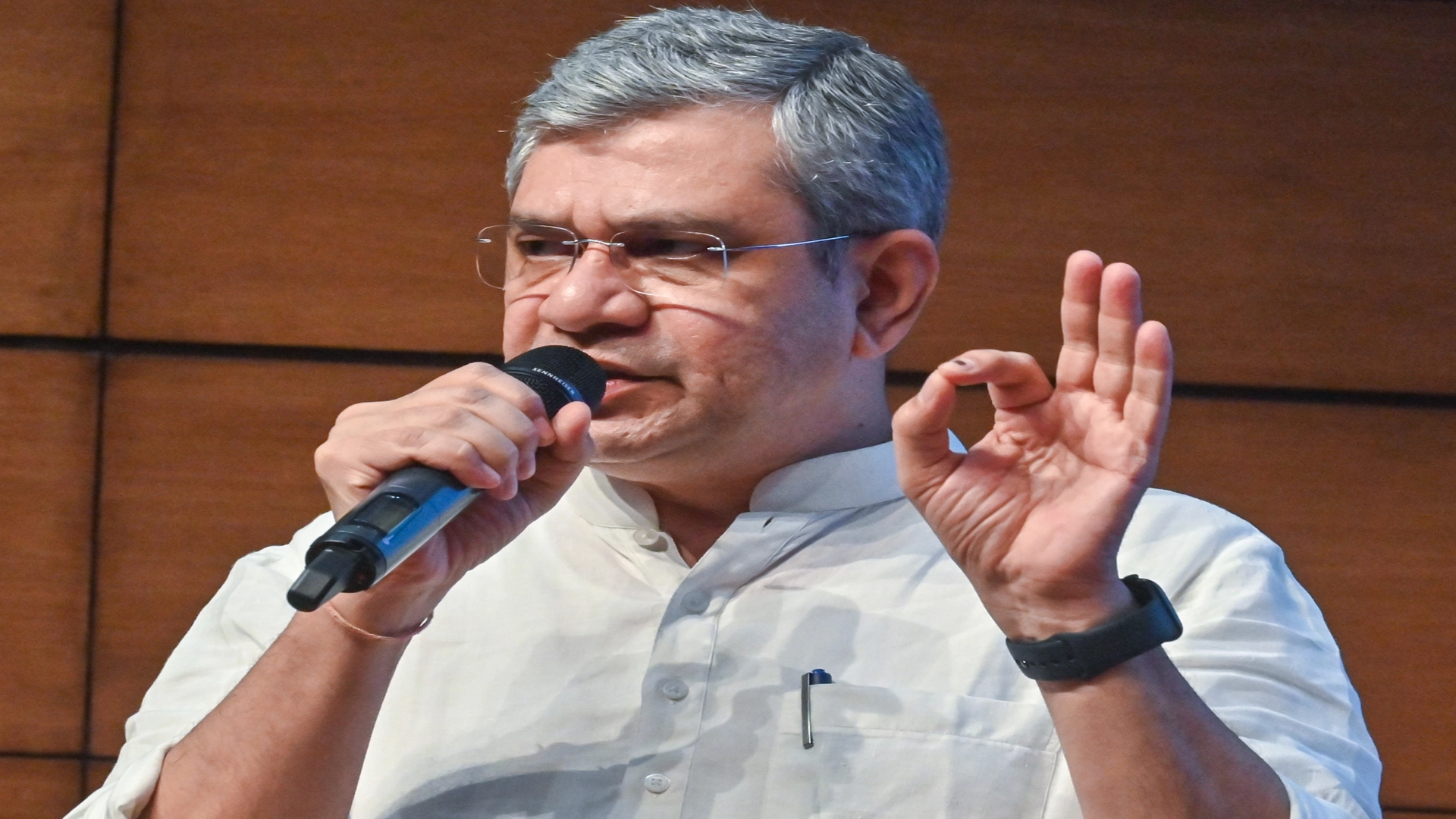
It’s often thought that if someone is depressed, they will feel sad or low most of the time. But what many don’t realise is that these aren’t the only symptoms of depression. Another common symptom of depression that is sometimes overlooked is the feeling that you no longer find the things you used to enjoy to be interesting or pleasurable.
Loss of pleasure
Anhedonia is defined as the reduced interest or pleasure in all – or almost all – activities a person previously enjoyed. If a person has anhedonia for an extended period of time (at least two weeks consistently), they can be diagnosed with depression – even if they may not feel sad or low.
Although mainly associated with depression, anhedonia can also be a symptom of other disorders – such as schizophrenia, anxiety and Parkinson’s disease.
In in-depth interviews my colleagues and I conducted with young people about depression, anhedonia was described by many as not just a loss of joy, but also less motivation to do things. For some, this lack of drive was only related to specific things – such as going to school or seeing friends. But for others, it was more severe, and they felt they didn’t want to do anything at all – not even live.
But despite how troubling anhedonia can be, it’s often not the main target of depression treatment.
It’s recommended that cases of mild depression are treated with talking therapy. People with more moderate or severe cases of depression may be prescribed antidepressants.
Why might this be? One possibility is that current standard treatments focus mainly on treating the depressed mood and brain processes that underpin low mood – but not anhedonia.
Treatment options
While anhedonia may be complex, that doesn’t mean there’s no hope for those who are affected by it.
For instance, research shows that talking therapies which focus on reward processing could help reduce anhedonia. A recent pilot study also found that a new type of talk therapy called augmented depression therapy may work better than cognitive behavioural therapy in treating depression. This is because augmented depression therapy specifically targets anhedonia by having patients focus on both their negative and positive experiences.















